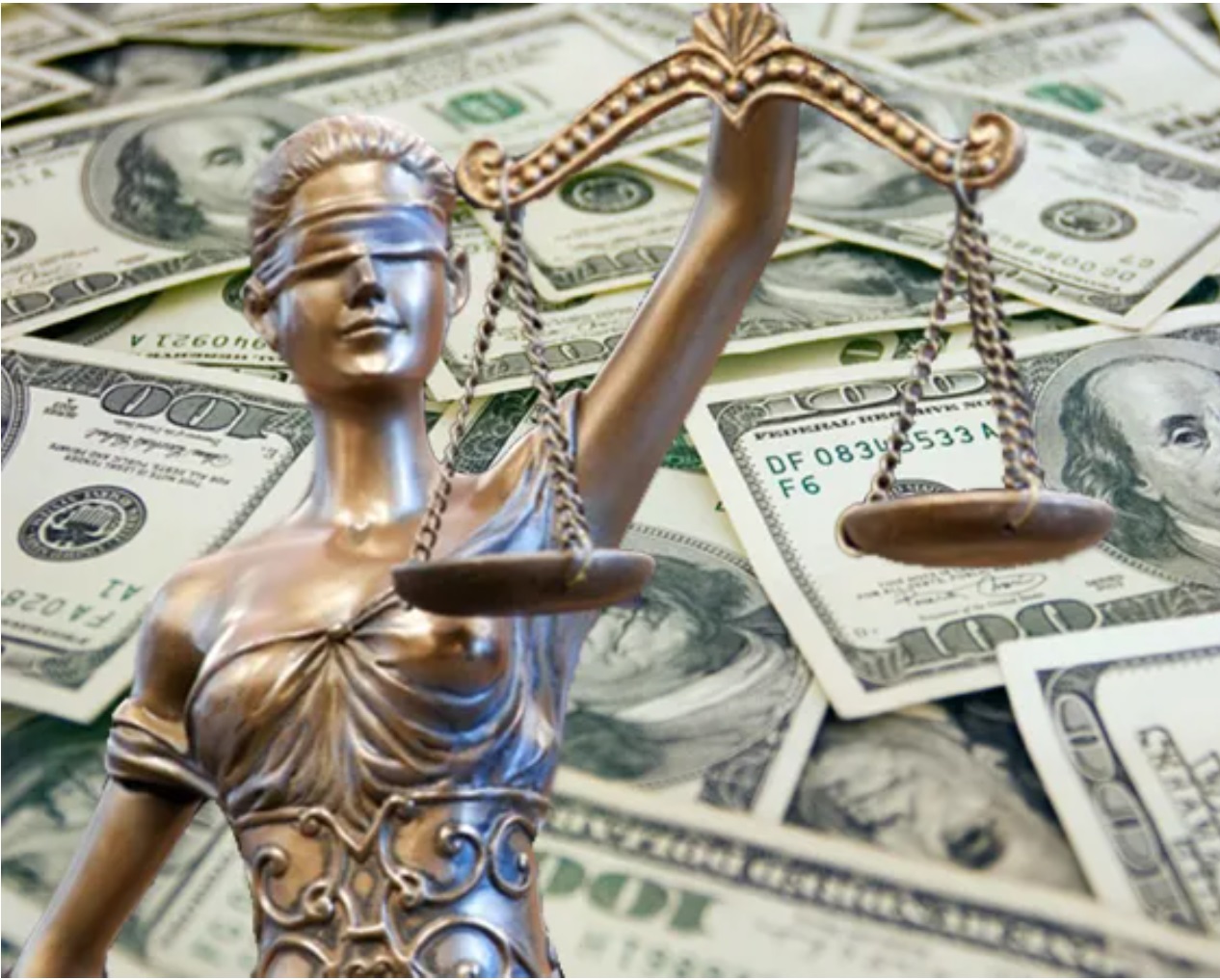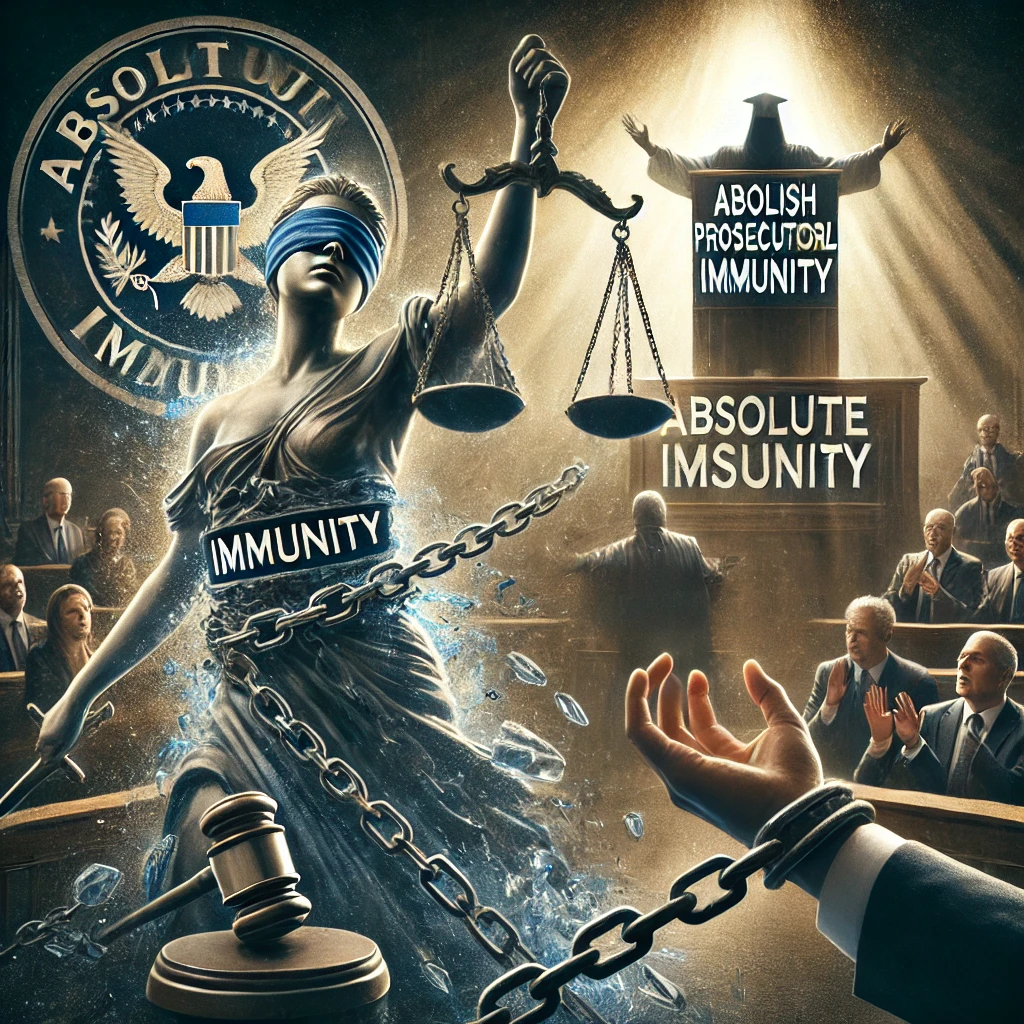How the American Justice System Fails the Middle Class and Poor While Allowing the Rich to Run Rampant
The American justice system, long upheld as a paragon of fairness and equality, is increasingly scrutinized for its glaring disparities. Despite the ideal of equal justice under the law, the reality often falls short, particularly for the middle class and poor. Meanwhile, the wealthy navigate this system with relative ease, their resources and influence allowing them to sidestep many of the consequences that others face. This article delves into the mechanisms by which the American justice system fails the middle class and poor while enabling the rich to run rampant.
The Cost of Justice: An Unequal Burden
Legal Representation: The Price of Competence
One of the most significant disparities in the American justice system is access to quality legal representation. For the wealthy, hiring top-tier attorneys is a given. These lawyers, with their extensive resources, networks, and experience, can craft robust defenses, negotiate favorable settlements, and even exploit legal loopholes to their clients’ advantage.
In contrast, the middle class and poor often struggle to afford competent legal representation. Public defenders, while dedicated, are frequently overburdened and under-resourced. This imbalance results in a system where the quality of one’s defense is directly correlated with their financial standing, leading to a higher likelihood of conviction and harsher sentences for those unable to afford private counsel.
Bail System: Freedom for the Wealthy
The bail system is another area where the justice system’s inequities are starkly apparent. For the affluent, posting bail is often a minor inconvenience. They can secure their release swiftly and continue their lives as they prepare their defense.
Conversely, the middle class and poor may find themselves trapped in pretrial detention simply because they cannot afford bail. This can result in the loss of jobs, homes, and custody of children, further entrenching their socio-economic struggles. The presumption of innocence until proven guilty becomes a hollow promise when financial means dictate one’s freedom.
Disparities in Sentencing
Mandatory Minimums and Sentencing Discretion
Sentencing disparities are another glaring issue. Mandatory minimum sentences, intended to deter crime by imposing harsh penalties, disproportionately affect the poor and minority communities. Judges often have limited discretion to consider individual circumstances, leading to excessively harsh sentences for non-violent offenses.
Wealthier individuals, however, frequently receive more lenient sentences. Their ability to afford better legal representation means they can negotiate plea deals, receive lighter sentences, or even avoid jail time altogether. This discrepancy is a direct affront to the principle of equal justice.
The Role of Plea Bargains
Plea bargains are a double-edged sword in the American justice system. While they can expedite case resolutions and reduce the burden on courts, they also perpetuate inequities. The poor and middle class are often pressured into accepting plea deals, even when they may be innocent, out of fear of facing harsher penalties at trial.
Wealthier defendants, with better legal counsel, can negotiate more favorable plea bargains or opt to take their chances at trial, where their resources provide a significant advantage. This dynamic results in a justice system where outcomes are heavily influenced by socio-economic status.
Systemic Bias and Discrimination
Racial and Socio-Economic Bias
Systemic bias and discrimination further exacerbate the justice system’s failures. Studies consistently show that racial minorities and individuals from lower socio-economic backgrounds are more likely to be arrested, charged, and convicted of crimes. They also tend to receive harsher sentences compared to their wealthier, often white, counterparts.
These disparities are not merely anecdotal but are backed by data. The over-policing of poor and minority neighborhoods, combined with implicit biases within the judicial system, creates a cycle of disenfranchisement and injustice.
Political and Corporate Influence
The influence of money in politics and the justice system cannot be understated. Wealthy individuals and corporations wield significant power, often shaping legislation and policy to their advantage. This influence extends to the courtroom, where high-profile defendants can leverage their status and connections to secure favorable outcomes.
Political donations and lobbying efforts ensure that the interests of the wealthy are prioritized, often at the expense of the middle class and poor. This dynamic undermines the very foundations of democracy and justice, creating a system where the scales are perpetually tipped in favor of the rich.
The Consequences of a Failing Justice System
Erosion of Trust and Legitimacy
The disparities within the American justice system have far-reaching consequences. One of the most significant is the erosion of public trust. When citizens perceive the system as inherently unfair and biased, their faith in its legitimacy diminishes. This lack of trust undermines the rule of law and can lead to social unrest and disillusionment.
Socio-Economic Impact
The socio-economic impact of an inequitable justice system is profound. Families are torn apart, communities are destabilized, and cycles of poverty and criminalization are perpetuated. The middle class and poor bear the brunt of these consequences, struggling to rebuild their lives after encounters with a system that appears rigged against them.
Inequality and Social Stratification
Ultimately, the failures of the justice system contribute to broader societal inequality. By allowing the wealthy to evade accountability and disproportionately punishing the less fortunate, the system reinforces existing socio-economic divides. This stratification threatens the fabric of American society, where the promise of equal opportunity and justice for all becomes increasingly elusive.
Towards a More Equitable Justice System
Reforming Legal Representation
To address these disparities, comprehensive reforms are needed. Ensuring access to quality legal representation for all, regardless of socio-economic status, is a critical first step. This includes adequately funding public defender programs and exploring alternatives such as legal aid clinics and pro bono services.
Bail Reform
Bail reform is another essential area for change. Moving towards a system that assesses the risk of flight or danger rather than financial capability can help prevent the undue punishment of poverty. This would ensure that pretrial detention is reserved for those who pose a genuine threat to public safety, rather than those who simply cannot afford bail.
Sentencing and Plea Bargain Reform
Reforming mandatory minimum sentences and granting judges greater discretion to consider individual circumstances can help address sentencing disparities. Additionally, ensuring that plea bargains are truly voluntary and not coerced through fear of harsher penalties is vital for upholding justice.
Addressing Systemic Bias
Combating systemic bias requires a multifaceted approach. This includes training for law enforcement and judicial officials on implicit bias, increasing diversity within the justice system, and implementing policies that address racial and socio-economic disparities at every level.
Reducing Political and Corporate Influence
Reducing the influence of money in politics and the justice system is crucial for restoring fairness. This can be achieved through campaign finance reform, stricter lobbying regulations, and greater transparency in political donations and judicial appointments.
Failing We the People
The American justice system, in its current form, fails to deliver on its promise of equal justice for all. The middle class and poor are disproportionately affected by its inequities, while the wealthy navigate its complexities with relative ease. To create a more just and equitable society, comprehensive reforms are necessary. By addressing the root causes of these disparities and ensuring that justice is truly blind, we can build a system that upholds the principles of fairness, equality, and accountability for all.





